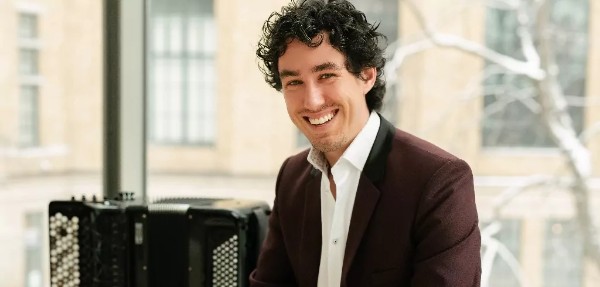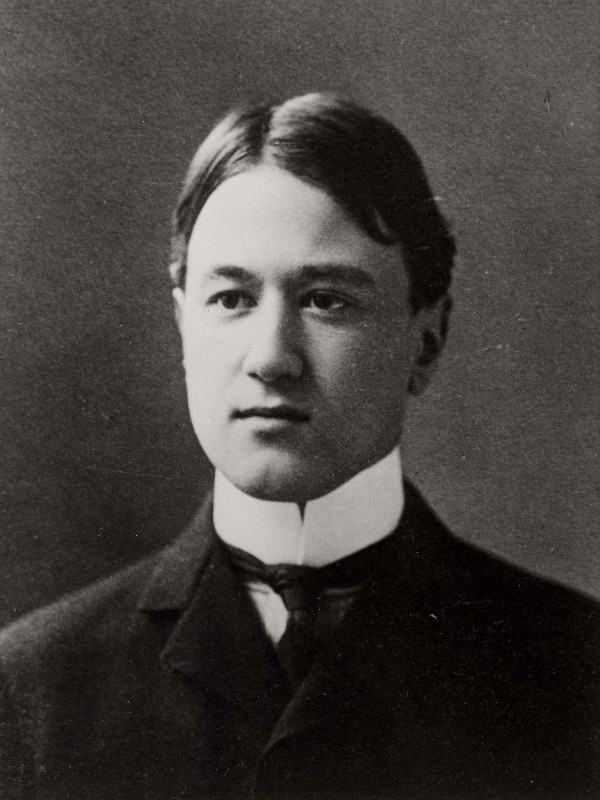Opera performances are chock-full of deaths: all fictional, of course.
But have you ever wondered what might happen if a singer actually died onstage?
Today, we’re looking at the lives, careers, and untimely deaths of five opera singers who died onstage…and how their colleagues and the audience reacted to each tragic loss.
Armand Castelmary (1834-1897)
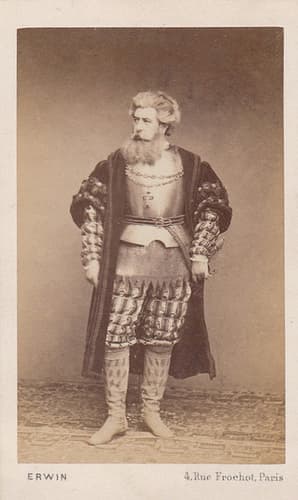
Armand Castelmary
Armand Castelmary was born in Toulouse, France, in 1834.
In 1863, at the age of twenty-nine, he joined the Paris Opera.
While there, he created several important roles in French opera history, including the Monk in Verdi’s Don Carlos. (His wife at the time, soprano Marie Sasse, was the first Élisabeth in the same production.)
In 1893, when he was fifty-nine, he made his debut at the Metropolitan Opera in New York.
On 10 February 1897, he was performing on the Met Opera’s stage in German composer Friedrich von Flotow’s popular opera Martha.
Friedrich von Flotow: Martha (excerpt)
The New York Times reported the following day:
Castelmary raised his right hand to the side of his head and was seen to clutch his hair. The movement was so natural to the part that the audience and those of the executive staff of the house, who were in the rear of the orchestra circle, thought it fine acting. Immediately afterwards, the basso fell forward and went to the floor on his side, breaking through the circle of girls. With his fall, the curtain went down – without haste and all in order. The great audience broke into enthusiastic and even tumultuous applause.”
However, the performers close to him immediately understood that something serious had happened. Castelmary fell unconscious and died on the stage after the curtain closed.
The performers decided to continue with the performance. It was announced to the audience that Castelmary had taken ill, and an understudy took on Castelmary’s role. His death was only announced once the performance had ended.
Americo Sbigoli (?-1822)
Italian tenor Americo Sbigoli is more famous for the manner of his death than his biography. In fact, we don’t even know for sure when or where he was born!
Giovanni Pacini, the composer of the opera Cesare in Egitto, later recounted the story of Sbigoli’s fatal performance.
Sbigoli was performing in a vocal quintet with fellow tenor Domenico Donzelli. Sbigoli was tasked with closely imitating his colleague’s phrasing. He “overstrained” himself while doing so, and a blood vessel in his neck burst. He died soon after.
A few weeks later, a benefit concert was held to benefit Sbigoli’s widow and children.
Sbigoli had been booked to perform in Gaetano Donizetti’s new opera Zoraida di Granata. There were no tenors available to replace him on such short notice, so Donizetti was forced to rewrite his part for a female contralto.
Despite the fast turnaround on the edits, Zoraida di Granata was a great success and helped to elevate Donizetti’s critical reputation.
A modern performance of Donizetti’s Zoraida di Granata
Richard Versalle (1932-1996)
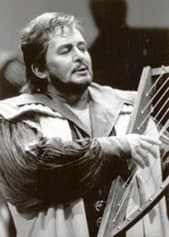
Richard Versalle as Tannhauser
Richard Versalle was born in 1932 in Kalamazoo, Michigan. He worked in the Navy and business while studying music, and didn’t make his debut until the age of 45, when he performed at the Chicago Lyric Opera. It was the start to a celebrated international career.
Richard Versalle performing Wagner in Madrid in 1989
In January 1996, Versalle appeared at the Met Opera in Janáček‘s opera The Makropulos Case. His role as a law clerk required him to stand on a ladder ten feet above the stage.
Soon after singing the line “Too bad you can only live so long”, Versalle fell to the stage floor. He had suffered a massive heart attack.
According to the New York Times, the performance came to an immediate halt. Conductor David Robertson yelled across the pit, “Richard, are you all right?” Versalle did not respond.
The curtain was closed, and a twenty-minute break was called. At the conclusion of the break, the audience was informed that the performance was canceled. Versalle was brought to a hospital but declared dead on arrival.
Leonard Warren (1911-1960)
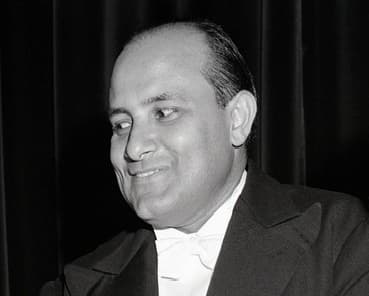
Leonard Warren
Baritone Leonard Warren was born in 1911 in New York City.
In 1938, he won a stipend from the Met Opera to study in Italy. That same November, he made his debut at the Met, singing excerpts from Verdi’s La Traviata and Leoncavallo’s Pagliacci.
Warren would perform internationally, but he was always based in New York City and at the Met.
He was especially celebrated for his Verdi performances. In 1948, he sang the role of Iago in a historic performance of Otello: the first opera performance to be broadcast live on television.
A recording of Warren singing the Verdi opera he’d later die performing
On 4 March 1960, he sang in a production of Verdi’s La forza del destino. He finished Don Carlo’s aria in Act III (with the eerie first words “to die, a momentous thing”). He was supposed to open a wallet and react with joy, but instead he fell to the floor, coughing, gasping, and crying out, “Help me!”
The cast and audience froze in horror. According to the New York Herald Tribune, someone finally cried out from the audience, “For God’s sake, bring down the curtain.”
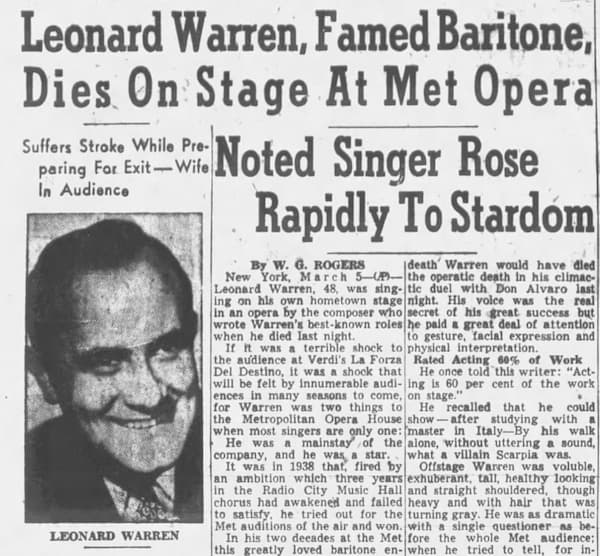
News article about the onstage death of Leonard Warren © weirduniverse.net
A cast member began CPR, and a priest offered the last rites. Despite his colleague’s desperate attempts to help, the house physician declared Warren dead.
No autopsy was performed, but according to the Herald Tribune, it was believed that he died from “a cerebral vascular haemorrhage.”
After it became clear what had happened, the general manager stepped out to address the crowd. As soon as he began, “It is one of the saddest days – ”, audience members began gasping and shouting “oh no!”
The rest of the performance was canceled.
Frederick Federici (1850-1888)
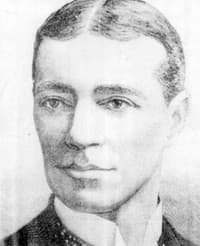
Frederick Federici
Frederick Federici was born Anatole Baker to British parents in Florence, Italy. He initially trained to be a diplomat but changed his mind and became a singer instead, taking on the Italian-sounding last name as his stage name.
In the 1880s, he became famous for touring various Gilbert and Sullivan operettas. He originated the role of the Pirate King from The Pirates of Penzance, and was the first person to perform the title role in authorised performances of The Mikado in America.
In 1887, he and his family traveled to Australia, where he performed in operettas and musical comedies.
On 3 March 1888, he performed at the Princess Theatre in Melbourne. There he took on the role of Mephistopheles in a performance of Charles Gounod’s opera Faust.
At the end of the opera, he was meant to descend through a trap door signifying his character Mephistopheles descending to hell.
During the descent, Federici had a massive heart attack and died. His body was carried to the green room, but he was unable to be revived. He was only thirty-seven years old.
There is a long-standing legend that the ghost of Federici, dressed in evening dress, haunts the theater to this day.
A performance of the chilling finale to Faust
For more of the best in classical music, sign up for our E-Newsletter

